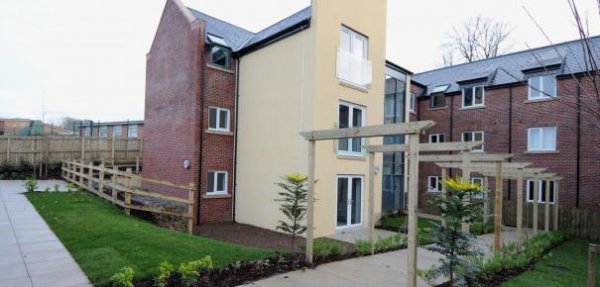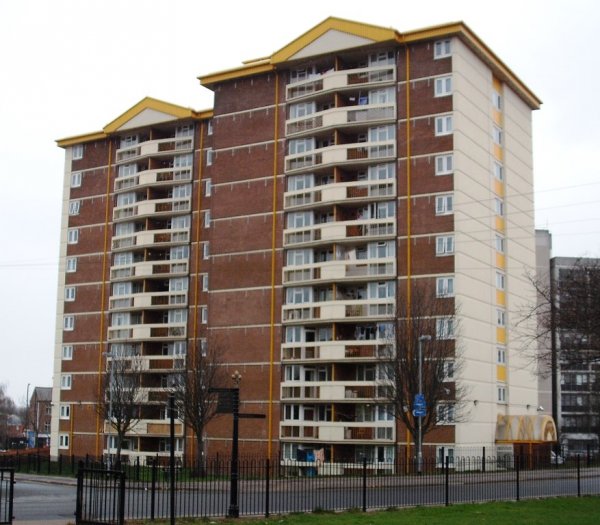May 19th 2023, 13:06
Blog - 19th May 2023
In this blog I consider the Social Housing Regulation Bill that is expected to be enacted in July 2023; the green and white papers that preceded it and registering new registered providers.
The Social Housing Regulation Bill is currently in the House of Lords where they are considering amendments agreed in the House of Commons. It is expected to receive royal assent and be enacted in July 2023. It is described as ‘A Bill to make provision about the regulation of social housing; about the terms of approved schemes for the investigation of housing complaints; and for connected purposes’.
The Bill provides the legal basis for many of the measures set out in the 2020 social housing white paper that followed the green paper of 2018. The government’s intention is to deliver ‘transformational change’ for social housing residents and fulfil their pledge to empower residents, provide greater redress, better regulation and improve the quality of social housing.
In my response to the green paper of 2018 I argued that:
Many, but not all, of these issues have been addressed in the white paper and the bill.
To view or download a copy of my response to the green paper, please click here.

Bramble Court at Brampton in Cumbria. An extra care elderly scheme opened by Impact Housing Association when I was Chair.
The Bill is intended to strengthen the regulatory regime to change the behaviour of social housing landlords to focus on the tenants’ needs. It also aims to ensure landlords are held to account for their performance. The core objectives of the Bill are to:
Facilitate a new, proactive consumer regulation regime by:

Flats in Kirkgate in Wakefield owned by Wakefield & District Housing
It is expected that the new proactive regulatory regime will start in 2024. From April 2024 there will be five regulatory standards of which three will be economic standards and five will be consumer standards. It has yet to be decided whether the regulator will issue gradings for the consumer standards in the way that it currently does for the economic standards. There will be a pilot inspection programme, a requirement to measure tenant satisfaction and strengthened governance expectations.
The Bill also contains provisions to empower the Housing Ombudsman to issue a code of practice on complaint handling and monitor compliance with the code; and to formalise and strengthen the relationship between the Regulator and the Housing Ombudsman.
Amendments to the Bill were agreed in the House of Commons. These included Awaab’s Law that will mean that all social landlords will have to remove hazards like damp and mould in their homes within set time frames. This Law will stand as a tribute to Awaab’s family for their tireless fight for justice over the last two years. Once the Bill is passed, the government will consult with the housing sector on these time limits and will set secondary legislation for Awaab’s Law as soon as parliamentary time allows.
The Bill provides that all senior social housing managers gain a housing management qualification. This amendment, supported by Grenfell United and Shelter, is intended drive the culture change that government considers is needed in the sector, so residents receive a high level of service and are treated with respect at all times.
Most of the Bill’s clauses amend Part 2 of the Housing and Regeneration Act 2008 that sets out the framework for the regulation of social housing in England.
The Bill has been broadly welcomed by social housing providers and organisations representing social housing tenants.
The next step for this Bill is the House of Lords where it will be considered as part of a process known as Lords Consideration of Commons Amendments. This involves the amendments made in the House of Commons, like Awaab’s Law, being considered in the House of Lords.
The date for this stage is yet to be confirmed but the government is confident the Bill will go for Royal Assent and become law this parliamentary session.
My next webinar will be on ‘How to Register a New Registered Provider (Housing Association)’. It will be held on 20th July 2023. For further information or to register, please click here.